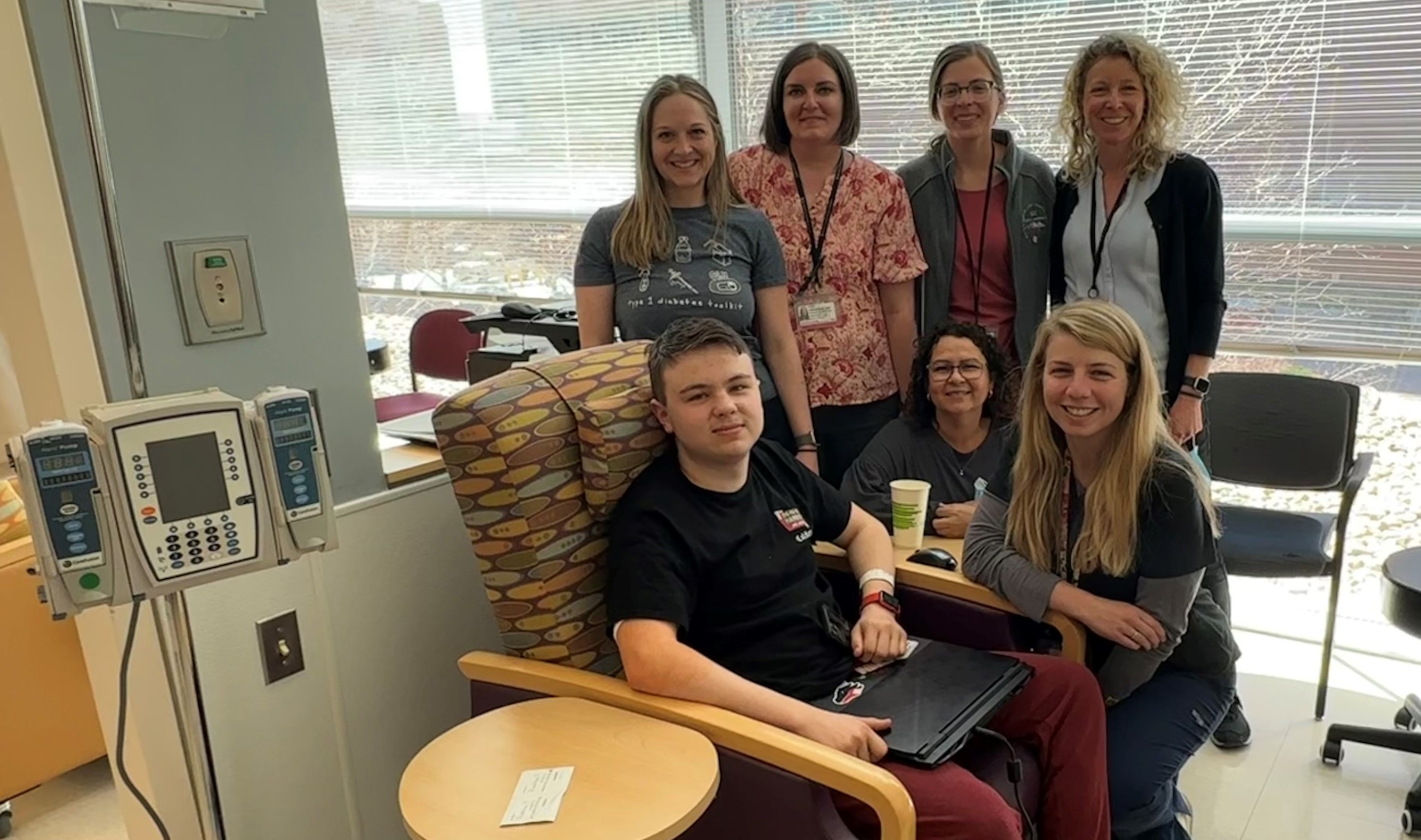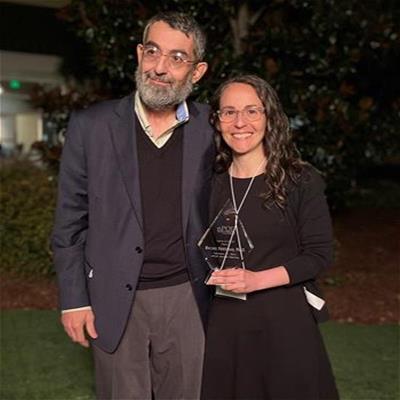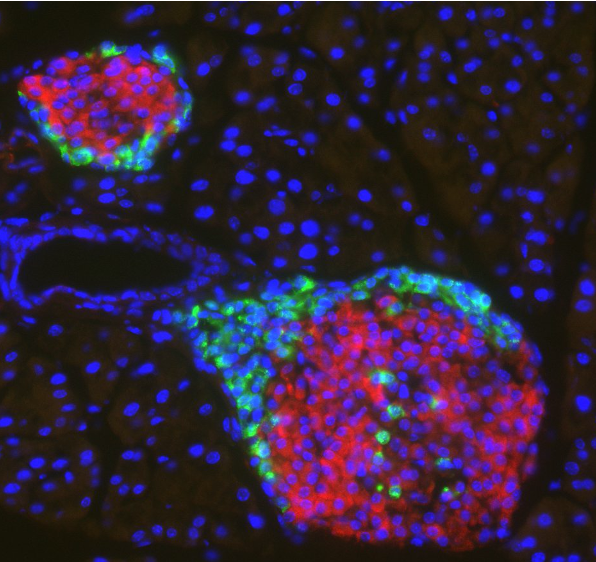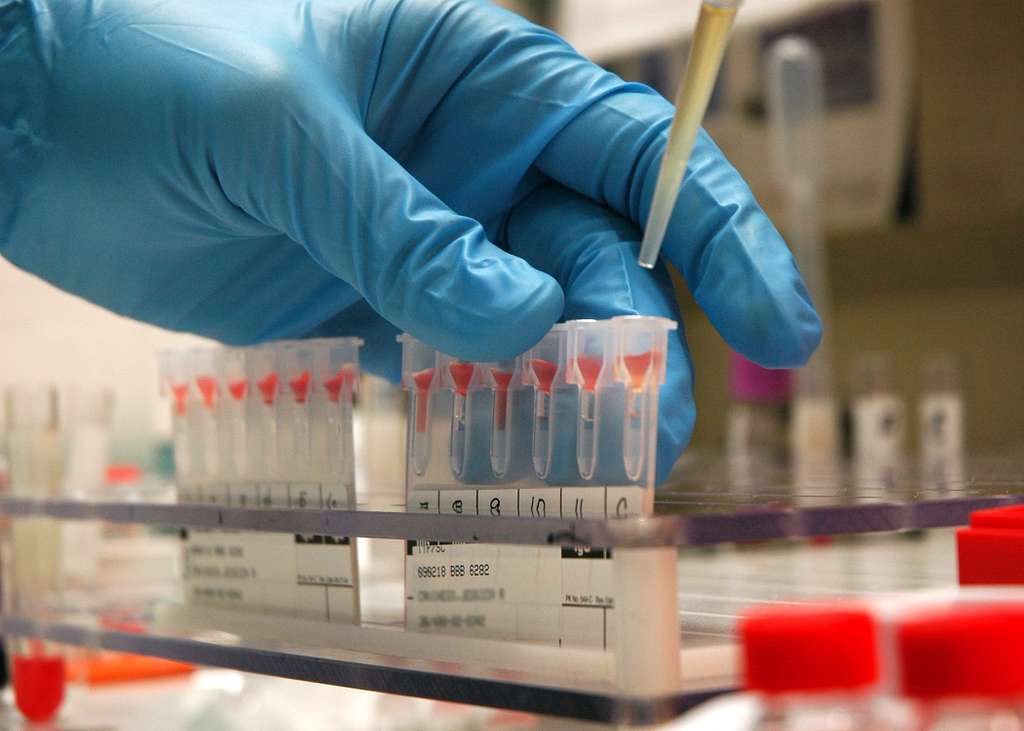Dr. Satish Garg, 2023 Children's Diabetes Foundation Carousel Ball Honoree
Dr. Garg joined the faculty at the Barbara Davis center in 1992 and holds two endowed chairs at the University of Colorado Anschutz Medical Campus. He heads one of the top teams world-wide investigating insulin analogs and novel methods of insulin delivery. He has been the editor-in-chief of the Diabetes Technology and Therapeutics Journal since 2006 and has been the director of the annual ATDC Diabetes Conference in Keystone, Colorado since 2005. He was awarded the ATTD Lilly Insulin Centennial Award for 2023 in Berlin, Germany.
Congratulation Dr. Garg!






